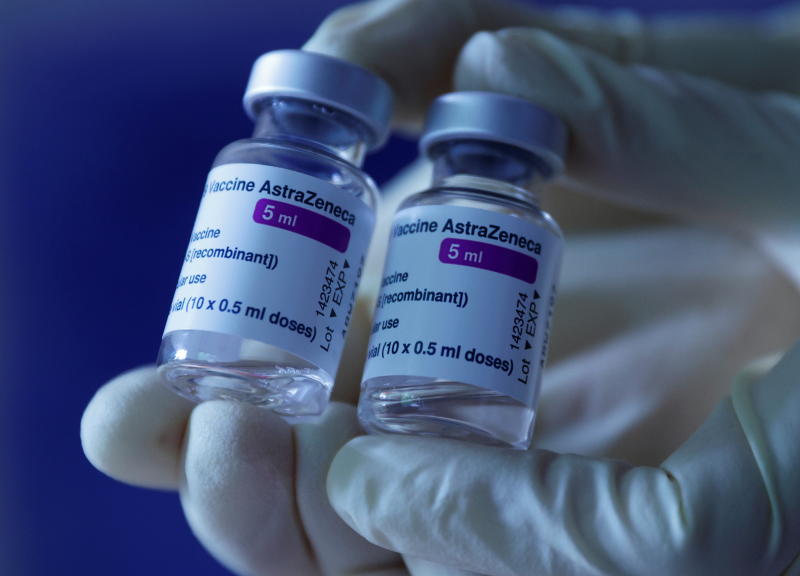
More than three billion doses of the coronavirus vaccine have been administered in over 190 countries. Margaret Keenan, a 91-year-old grandmother, would make history as the first person on earth to receive a Covid-19 jab of the Pfizer vaccine.
Then the vaccine race ostensibly began as countries raced against time to vaccinate their populations at a time when the coronavirus ferociously ravaged countries. Weakening human bodies and claiming lives. More than two million people globally have died from the virus since. Once again, the Global South is taking a hit as they watch the top countries stockpile and vaccinate their people in droves.